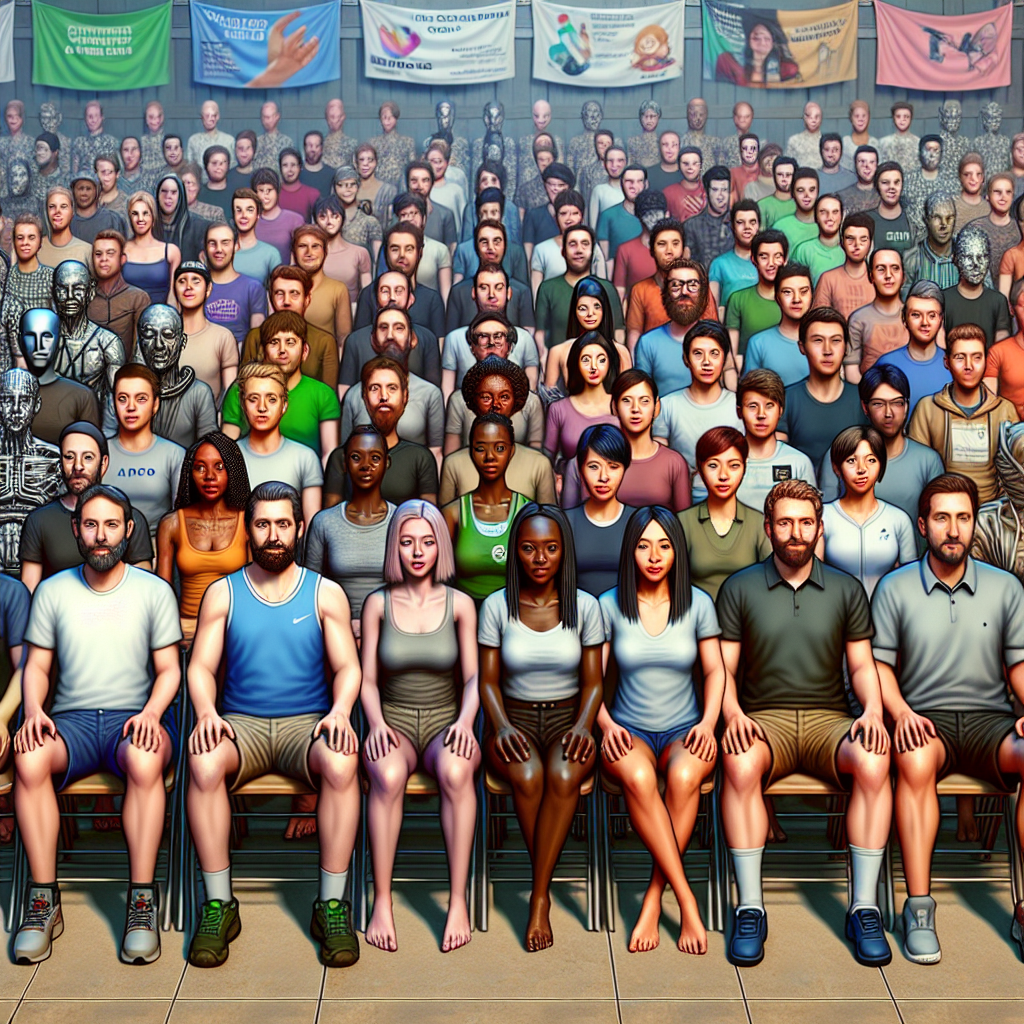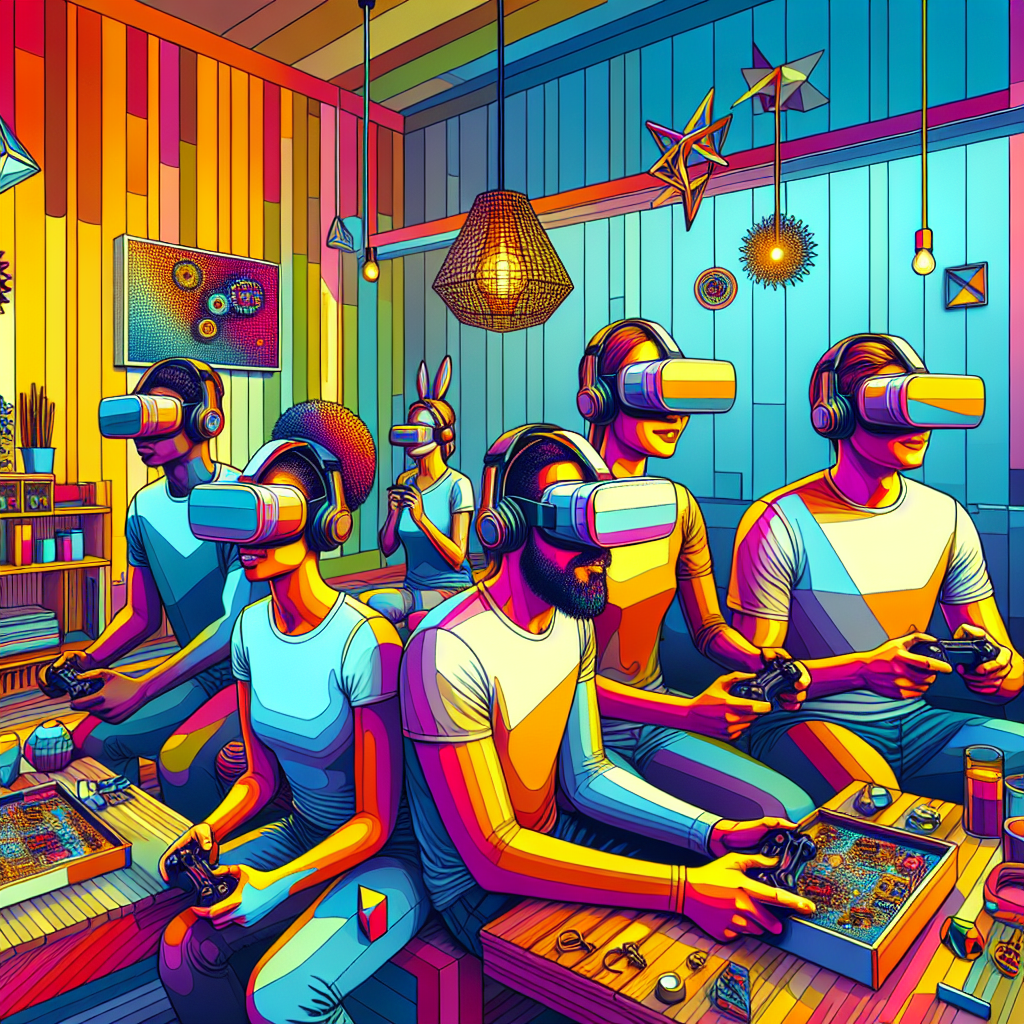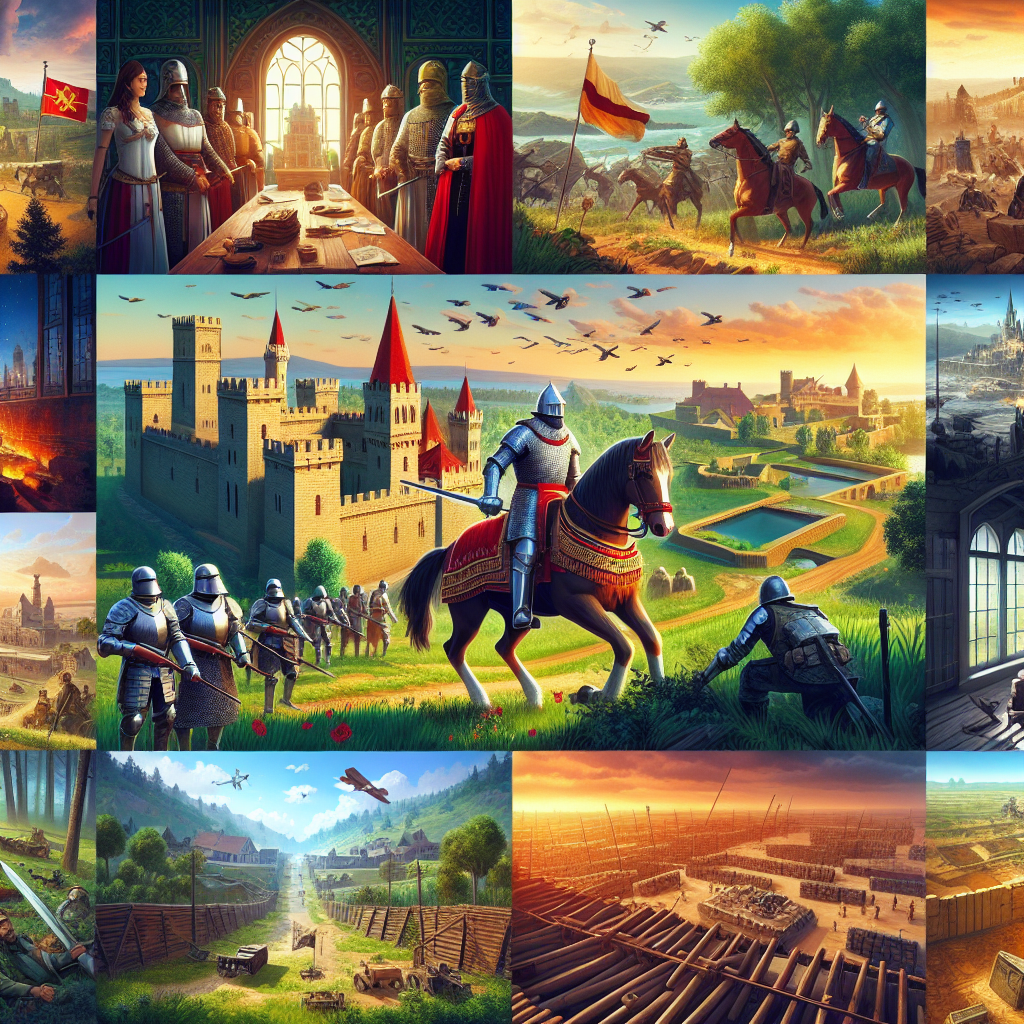Games influencing social movements have become a powerful tool in today’s society. They not only entertain but also educate, inspire, and mobilize individuals toward various causes. By blending gameplay with social activism, developers and players alike are creating a unique platform for change.
The Role of Gaming in Activism
In recent years, video games have emerged as a medium for storytelling and activism. Titles like ‘Papers, Please’ and ‘This War of Mine’ force players to confront difficult moral choices, often reflecting real-world issues such as immigration and war. These games engage players emotionally, prompting them to reflect on societal challenges and injustices.
Moreover, games influencing social movements often incorporate real-life events and issues into their narratives. For instance, ‘Life is Strange’ addresses themes of mental health and bullying, resonating with many young players. By presenting these topics in a relatable format, games can foster empathy and understanding, encouraging players to become advocates for change.
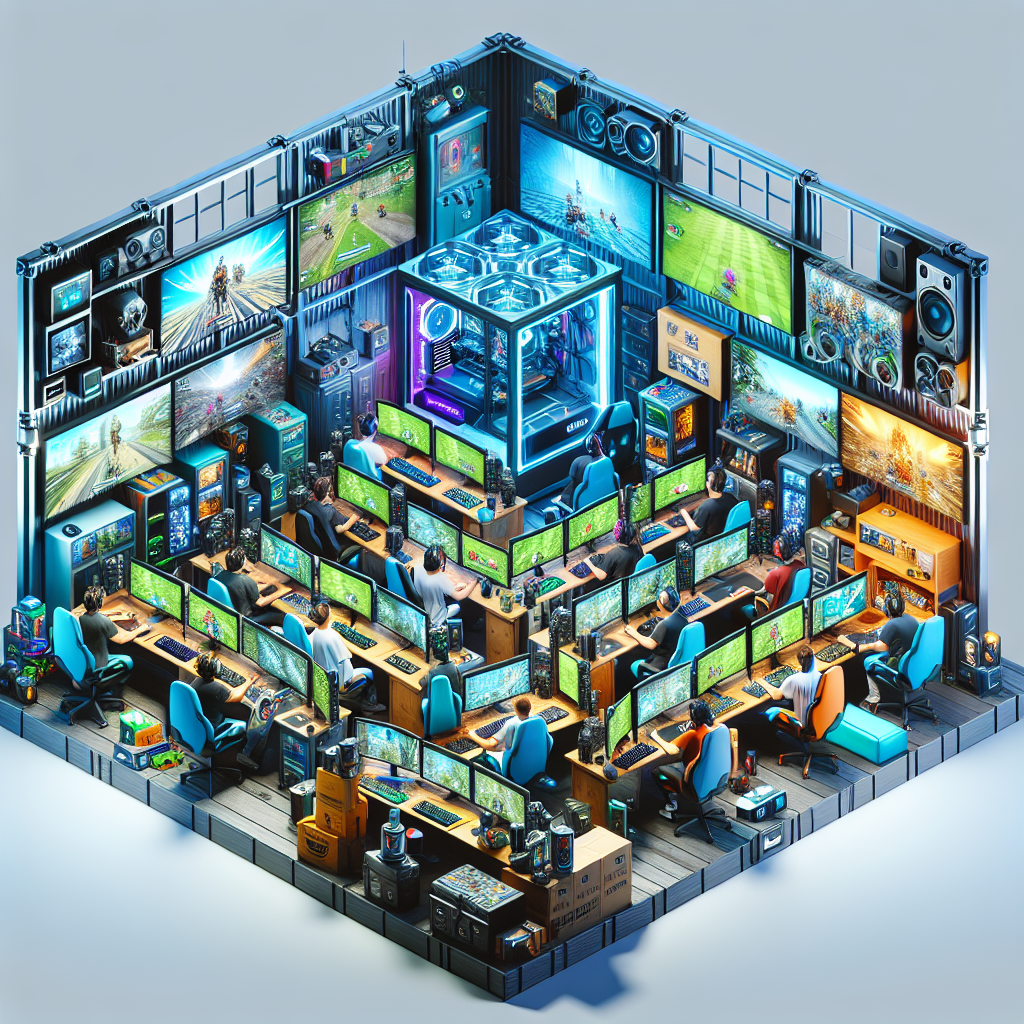
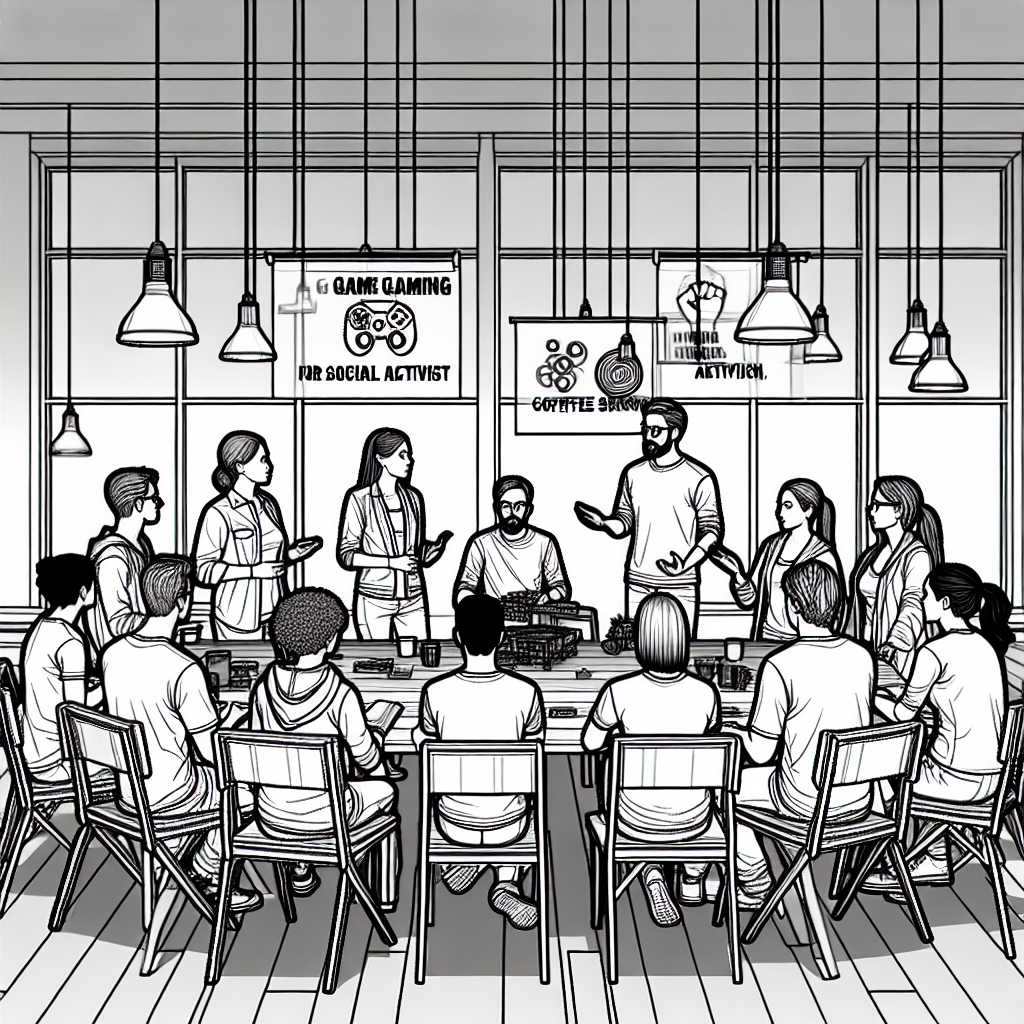
Community Engagement through Gaming
Online gaming communities have also become hubs for activism. Platforms like Twitch and Discord allow gamers to connect and organize around causes. Charity streams and fundraising events have gained popularity, with gamers raising millions for various social issues, from mental health awareness to climate change. These initiatives show how games influencing social movements can unite people for a common goal.
In addition, campaigns like #GameOverCancer demonstrate the potential of gaming to mobilize support for charitable causes. Players rally together, using their platforms to spread awareness and raise funds, proving that gaming can be a force for good.
The Future of Games and Social Change
As technology evolves, the potential for games influencing social movements will only grow. Virtual reality (VR) and augmented reality (AR) are opening new avenues for immersive storytelling and engagement. Imagine participating in a VR simulation that places you in the shoes of a refugee or a climate activist. Such experiences could deepen understanding and spur action on critical issues.
Furthermore, as more developers prioritize social responsibility, we can expect to see an increase in games that tackle pressing social issues. The gaming industry is gradually recognizing its influence and potential for positive impact, paving the way for future titles that inspire change.
In conclusion, the intersection of gaming and social movements is a dynamic and evolving landscape. Games influencing social movements are not just a trend; they represent a shift in how we engage with societal issues. By harnessing the power of play, we can continue to inspire action, foster empathy, and create a brighter future for all.
Some content and/or images on this page were created using AI.

